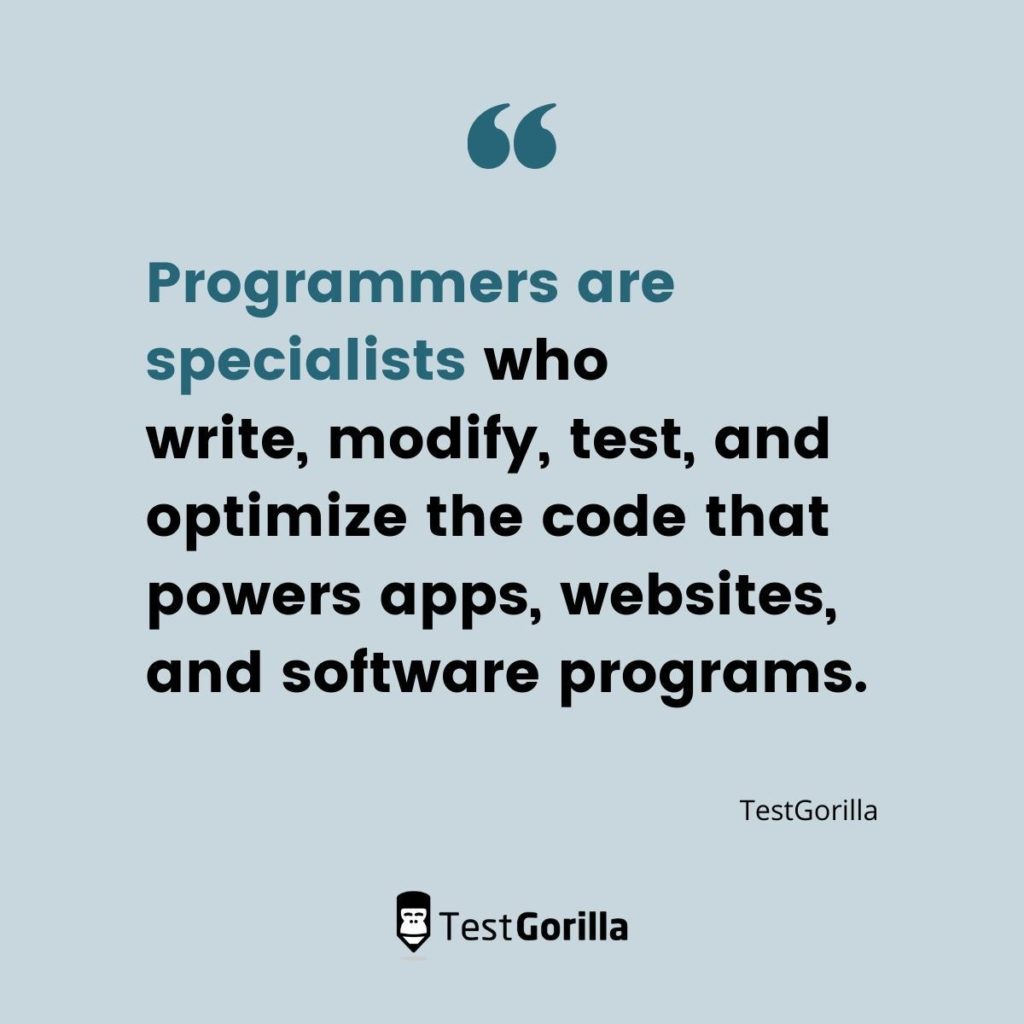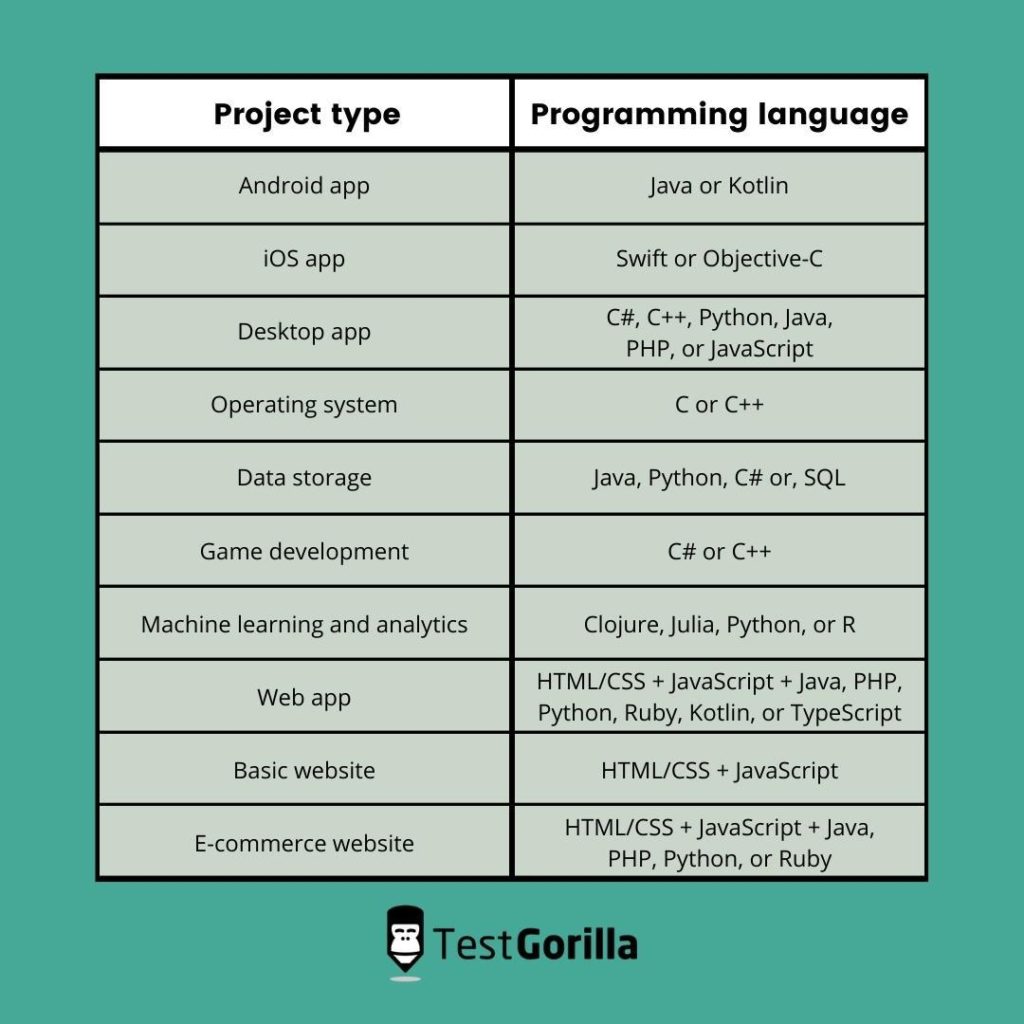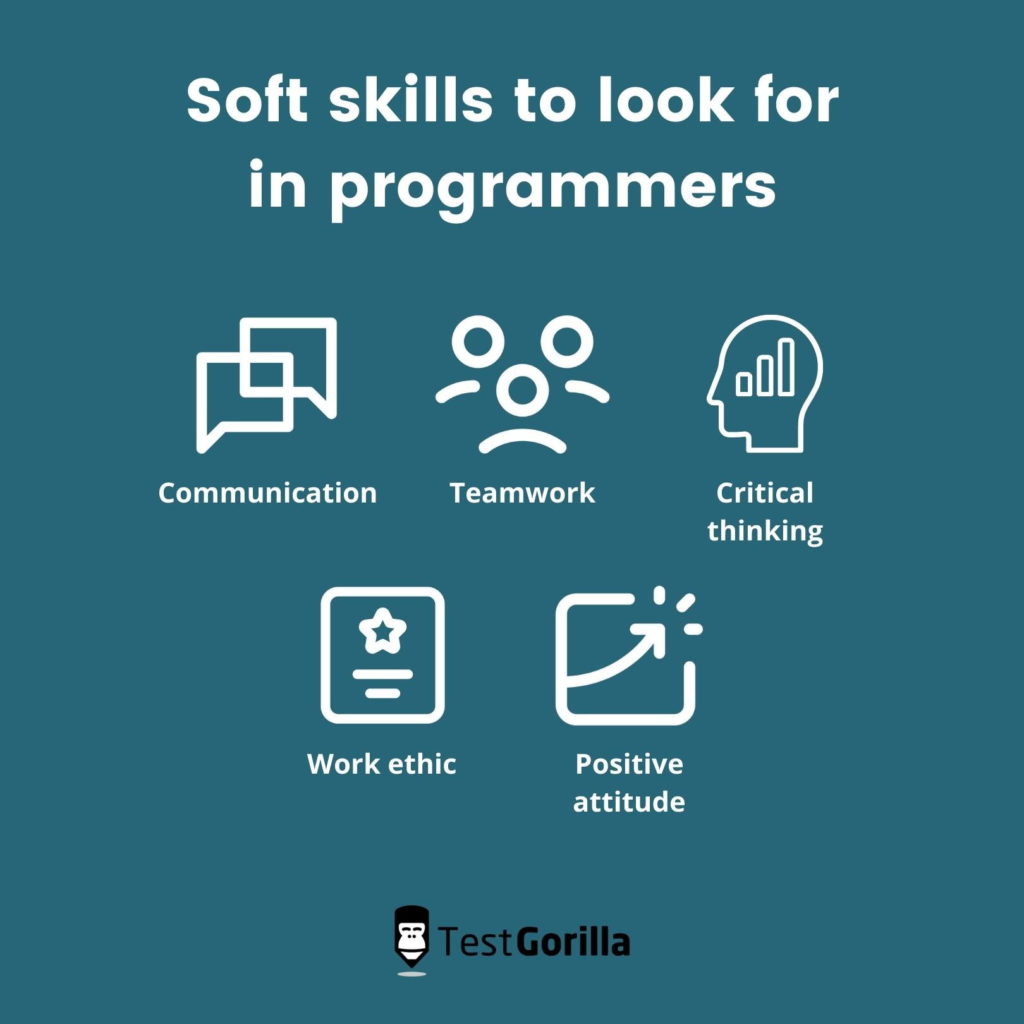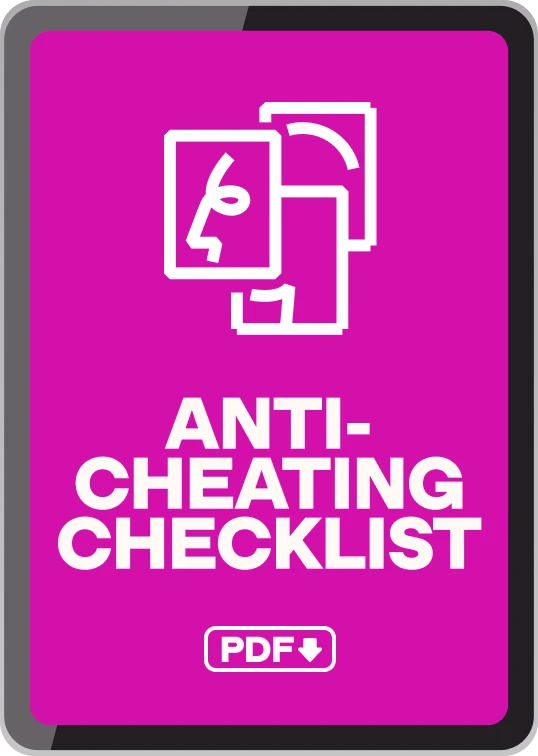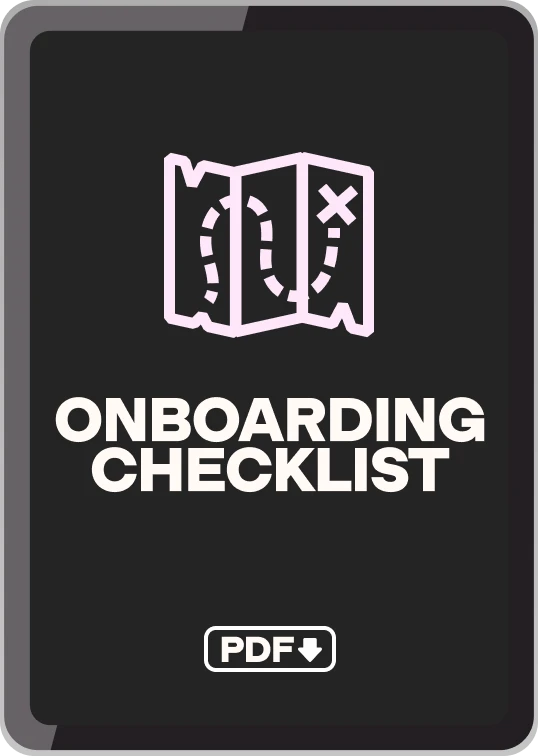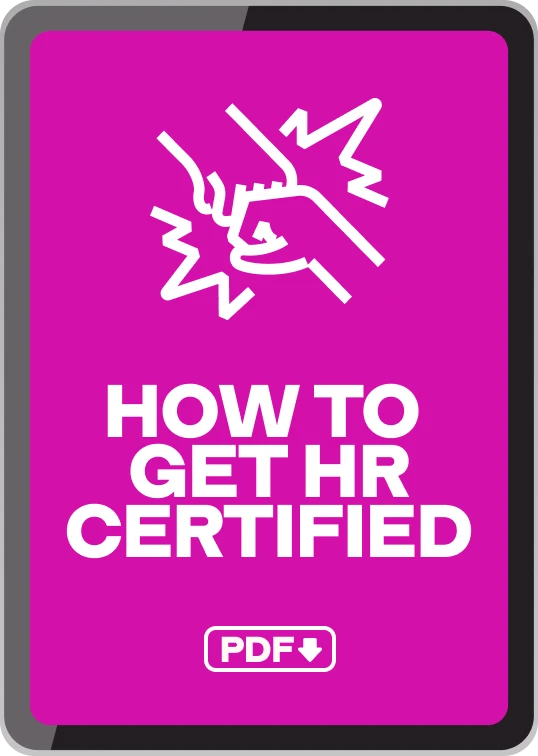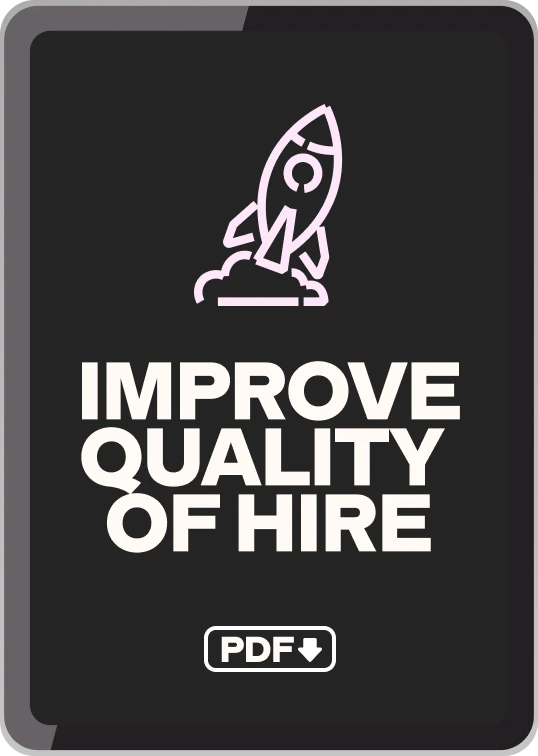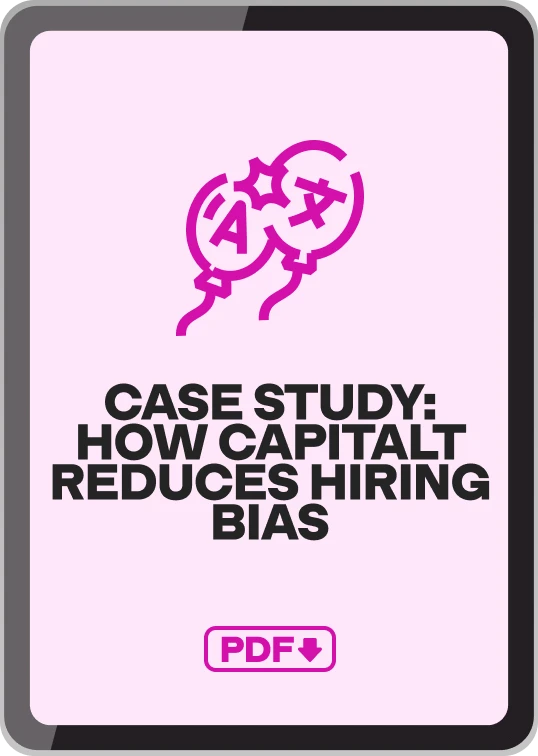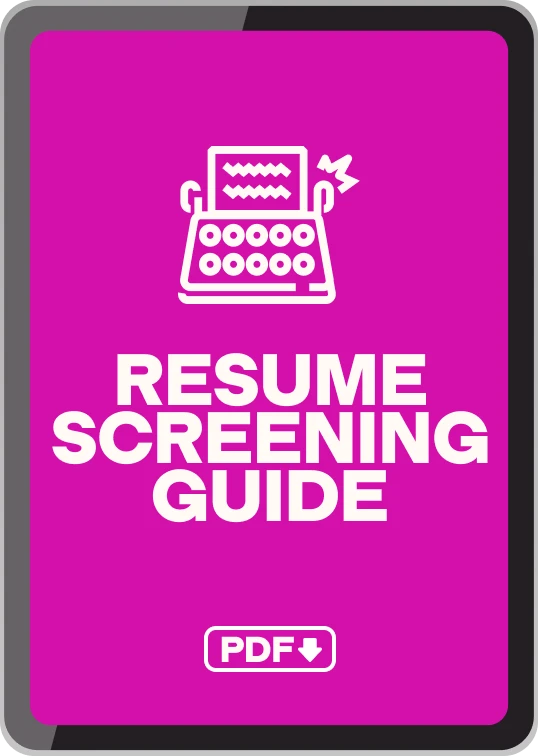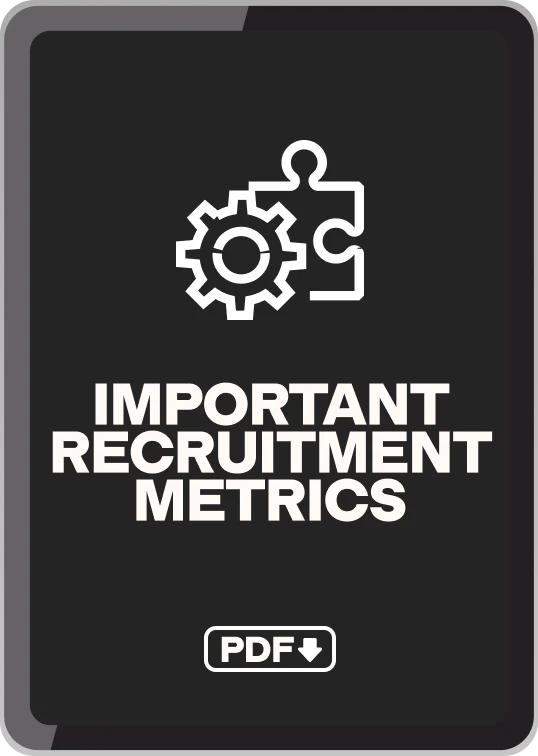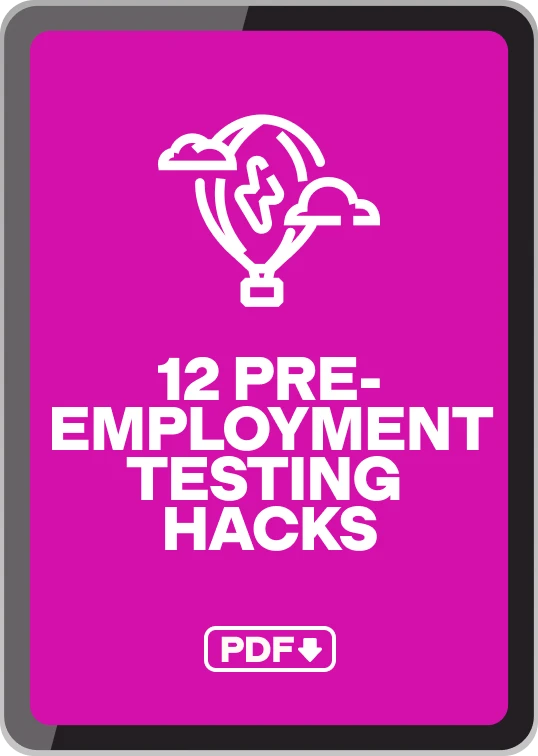How to hire top programmers if you don’t have programming skills
Demand for good tech talent is high everywhere in the world, and this has caused a flood of inexperienced programmers to enter the market, hoping to get high-paying jobs.
Many finish a three-month-long coding bootcamp or a few online courses and believe they’re ready to take on a programming role.
The market for bootcamps experienced a boom during the pandemic and is projected to grow by $772.04m from 2020 to 2025, according to the market research firm Technavio. This influx of coders has muddied the talent pool and can make hiring programmers a nightmare for recruiters who don’t have technical skills.
Even experienced hiring managers with tech backgrounds can have trouble filtering bad candidates because there are dozens of programming languages, many of which do the same thing in different ways. Therefore, it can be challenging to evaluate candidates for particular programming skills unless you have that specific skill set yourself.
The good news is programming is a measurable skill, and you don’t have to depend entirely on proxy variables of skill, like education and experience, to identify skilled developers.
In this post, we’re going to cover the five steps to follow when hiring top programmers for your organization.
Table of contents
What does a programmer do?
Programmers are specialists who write, modify, test, and optimize the code that powers apps, websites, and software programs.
Their job is crucial in the increasingly digital economy. The U.S. Bureau of Labor Statistics (BLS) estimates that jobs in computer and information technology will grow by 13% from 2020 to 2030 – faster than average for all other jobs in the US market.
Programming is in high demand in almost every industry, and the talent pool is very broad. Programmers are loosely divided into three categories based on their years of experience and skill level:
Junior: These are inexperienced programmers who recently graduated or are starting their first full-time job. They typically have less than three years of experience and may only be proficient with one or two languages.
Mid-level: These are experienced programmers who have mastered at least two or three languages. They have three to five years of experience in the industry.
Senior: These are experts with five or more years of experience under their belt. They are proficient in several languages and can quickly pick up new ones. They have no trouble working with or leading teams and managing projects.
Quantifying a programmer’s skills is not easy if all you have to work with is a resume, and it’s even harder if you’re not a tech expert.
Since programming is a technical skill, you can prepare technical interview questions to ask candidates. You can also conduct skills testing to assess candidates’ proficiency with a programming language or development framework before you sit down for interviews.
5 vital steps for hiring top programmers even if you can’t code
Let’s talk about how you can go about hiring top programmers if you can’t code.
Below are the five vital steps you should follow to ensure you only hire skilled candidates who are the right fit for the open role.
1. Compile your ideas and requirements
Clearly define your ideas and requirements for the job. This way, you’ll have realistic expectations for the person you hire. Specifically, you should do the following:
Research: Conduct research to find out about your target audience, rivals, and potential pitfalls. Check to see if there are existing projects that are similar to yours. They may give you a rough idea of the scope and size of your project.
Determine your project’s environment: Figure out what environment the project will be built in. Is it a mobile app that works on Android phones and iPhones? Or is it a desktop app that works on Windows and Apple computers? Or perhaps it’s a cross-platform app for mobile and desktop devices?
Create a feature list: “I want to build a Twitter clone” is a vague goal. Create a list of primary features and advanced features needed to create a minimum viable product (MVP). A feature list will help you determine what programming language(s) the project requires.
List any constraints: What are the time and budget constraints for the project? If it’s a big project with a short timeline, then you may need to hire more than one programmer.
2. Identify the right programming language
Identifying the right programming language for a project is tricky because there are several to choose from.
According to Stack Overflow’s 2021 developer survey, JavaScript is the most popular language among professional developers for the ninth year in a row. Other popular languages include Python, TypeScript, Java, and C#.
What programming language you require will depend on your project. Use the table below to broadly identify the right languages for various types of projects:
3. Write a strong job description
Conduct a job analysis to process the information you gathered in the previous two steps, and list the responsibilities, skills, and personality attributes needed.
A good job description is key for attracting the right talent, especially in a field as competitive as tech. When writing your job description, make sure to include:
The skills and competencies required
What is expected of candidates on a day-to-day basis
The level of experience and qualifications you’re looking for (junior, mid-level, or senior)
Clear, measurable performance goals
Salary and compensation benefits
Your organization’s culture and mission
There’s no need to reinvent the wheel and come up with something completely original. Use our best-practice template for job descriptions as a guide for writing a compelling job description that’ll attract top programmers.
4. Have applicants complete programming tests
Programming aptitude tests are the best way to reliably vet candidates for the skills you’re looking for. Skills-based hiring is on the rise since more companies are opting to focus on the skill sets people bring to the table rather than what college or university they went to.
You can easily verify candidates’ technical or “hard” skills with pre-employment testing. By shifting the focus from education or degrees to measurable skills, you gain access to a wider, more diverse pool of talent.
TestGorilla has an entire catalog of pre-employment tests for a variety of programming languages, including JavaScript, Python, TypeScript, Ruby, PHP, C#, C++, and more.
Our test library can help you effectively evaluate candidates’ ability to use specific programming languages, whether you’re looking to hire junior, mid-level, or senior developers.
5. Check for soft skills
You could identify the most proficient programmer in the world, but without the right soft skills, they simply won’t be a good fit for your company. Soft skills to watch out for include:
Communication: Good communication is necessary in every job. Even if the programmer won’t directly communicate with customers, they will still have to communicate with their colleagues. They should be able to not only comfortably convey their ideas but also listen to others.
Teamwork: The right candidate should be able to work well with others even when there is conflict. They need to be willing to collaborate with team members and accept feedback.
Critical thinking: Programming is a field that requires a high degree of critical thinking to solve complex problems. A good developer should be able to analyze situations independently and make informed decisions.
Work ethic: Coming to work on time, meeting deadlines, and staying focused and organized are all hallmarks of a good work ethic. Work ethic can’t be easily taught, so it’s important to screen for it during the hiring process.
Positive attitude: A positive attitude is essential, especially in a high-stress work environment. The person you hire should be friendly and a pleasure to be around.
All of the above may sound impossible to properly assess, but TestGorilla has tests specifically for soft skills. Our test library includes tests for communication, motivation, attention to detail (visual and textual), critical thinking, and negotiation, to name a few.
Hire top programmers using pre-employment tests
Hiring a programmer when you don’t work in tech can be challenging. TestGorilla streamlines the process by offering tests for technical and soft skills that can help you easily weed out unqualified candidates.
Combining a clear job description with a series of pre-employment tests can significantly cut down your workload and save your organization time and money. It also guarantees that you only end up interviewing the best programmers for the job.
All of TestGorilla’s skills tests are designed with non-technical hiring managers in mind. Once applicants complete the test, you can easily see who your top candidates are based on their average scores. We have resources available to help you interpret the coding test results.
Sign up for free today to get started with TestGorilla and quickly identify the right programmer for your company.
Related posts
You've scrolled this far
Why not try TestGorilla for free, and see what happens when you put skills first.
Latest posts
The best advice on pre-employment testing, in your inbox.
No spam. Unsubscribe at any time.

Hire the best. No bias. No stress.
Our screening tests identify the best candidates and make your hiring decisions faster, easier, and bias-free.
Free resources
This checklist covers key features you should look for when choosing a skills testing platform
This resource will help you develop an onboarding checklist for new hires.
How to assess your candidates' attention to detail.
Learn how to get human resources certified through HRCI or SHRM.
Learn how you can improve the level of talent at your company.
Learn how CapitalT reduced hiring bias with online skills assessments.
Learn how to make the resume process more efficient and more effective.
Improve your hiring strategy with these 7 critical recruitment metrics.
Learn how Sukhi decreased time spent reviewing resumes by 83%!
Hire more efficiently with these hacks that 99% of recruiters aren't using.
Make a business case for diversity and inclusion initiatives with this data.

